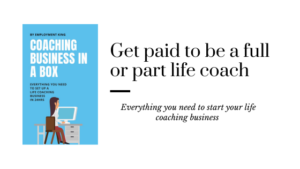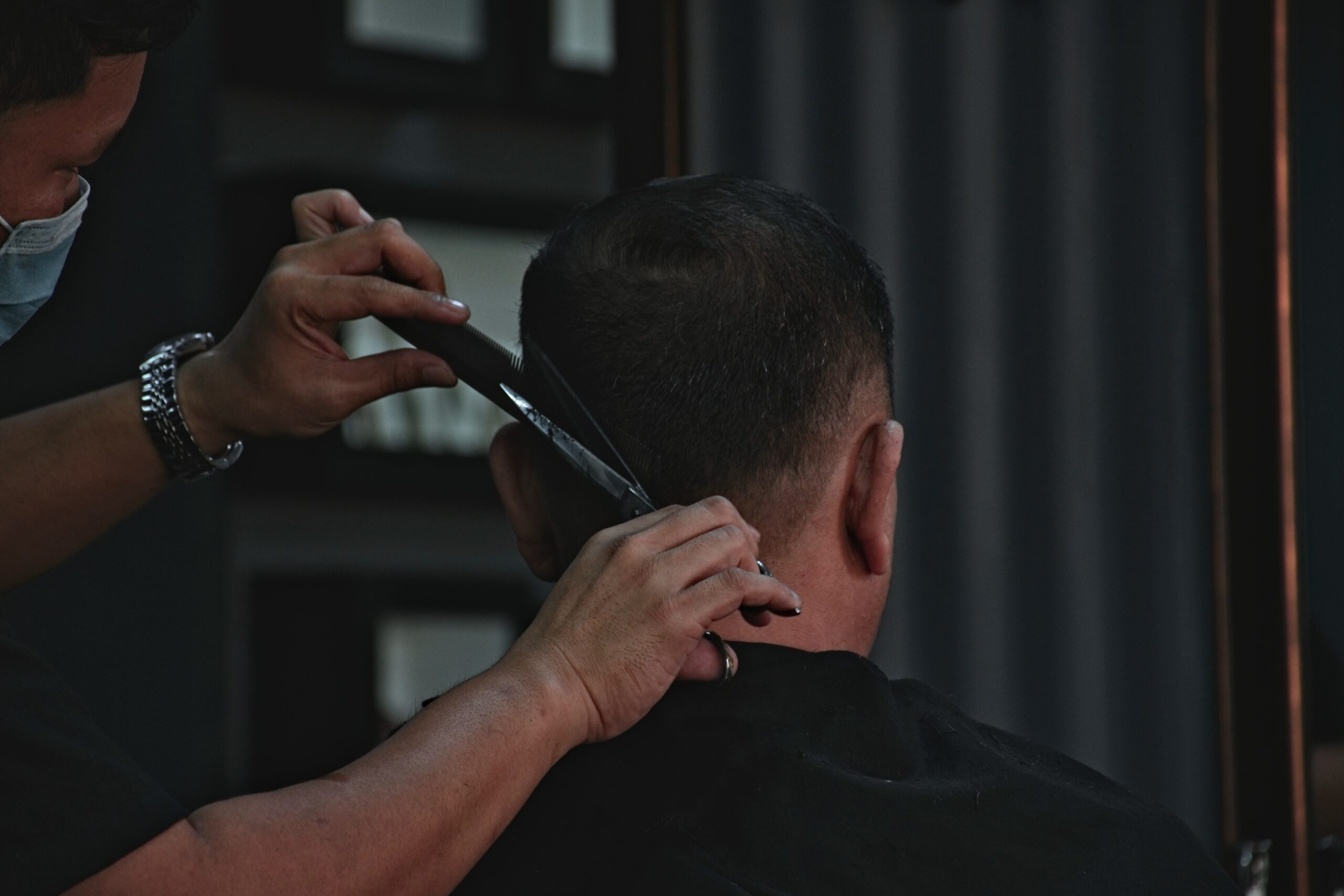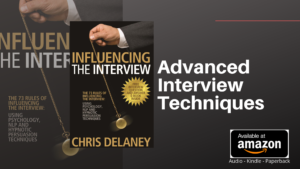Estate agent is a thriving job sector.
Roles are advertised with traditional high street estate agents and with online estate agents.
Both types of employers are looking for a similar set of skills, therefore, interview questions are easy to predict for applicants applying for roles with multiple company’s.
In the main interview questions are designed to check the following competencies:
- The process of taking photographs and measurements of a property, with a view to create a strong copy to increase offers
- Communication and persuasion skills when working with customer and clients
- Negotiation skills for sale completions
- Knowledge of the market to better help value a property
- Industry legislation and rules
- The understanding of the latest trends
To stand out in a job interview an experience applicant to create authority by discussing any specialist areas they work in:
- Residential sales
- Commercial sales
- Lettings
- High value properties
- Farms
The competitive nature of estate agent job sector means that applicants need to highlight their level of sector knowledge and experience to be viewed as employable.
As the estate agent role is a professional job, where many duties relate to communication, working with stakeholders and negotiation, employers also assess an applicants confidence and communication level.
Estate agent manger interviews will have mixture of sector related questions, as shown below, and additional a selection of manager interview questions.

Estate Agent Interview Questions
We have listen the most commonly asked estate agent interview questions.
Once an invitation to interview has been received, applicants should review the job criteria for each specific role, with a view to tailor answers that meet the values, vision and duties of each individual organisation.
Job Interview Question 1: Tell me about your experience as an estate agent?
Split the ‘experience’ question into three sections:
- How you started out – ‘I started working as an estate agent in (add year) at the time I was responsible for (add specific duties)….
- Your journey – ‘More recently when the sector moved on to virtual viewings and an online market place I was able to take advantage of this by (explain how you took advantage of the online opportunity)… ***if new to the sector explain the advantages of taking someone on with experience from a different sector.
- The benefits – ‘…With over (number of years) experience and a (add qualification) my key skills include (add unique selling point)’
Job Interview Question 2: How do you go about collecting information about a property?
Specific job duty questions are asked to check the applicants level of understanding of the job role.
Employers, here, are expecting a detailed answer that covers all the basics:
- Taking measurements
- Using camera skills to take flattering photographs
- Estimating value based on other recent purchases
- Researching local information; nearest school, shops and transport links
- Checking the sellers ideal sale price
The interview question must state all the basics and should end with a unique selling point – how does the candidate use the collected data to increase sales – this could include being skilled in persuasive copy or having a photography qualification that results in desirable pictures.

Job Interview Question 3: What is important to know when taking photographs of a property?
With photographs being the main source for potential buyers to book a viewing, and an in-depth understanding of how to take property photos’ can an interviewee the edge over the competition.
‘For me the photograph is key in terms of increasing viewings. I recently (practiced, read-up, gained a photography qualification) as I understand the importance of this skill in our industry. As an example, taking a picture with the lights on, even in the day time makes the property look warmer and more welcoming. Since utilising this skill I have seen views for my properties raise by (add percentage)’
Source; Tips for property photos’
Job Interview Question 4: What are the common problems and barriers when talking to the sellers about their property and its special features?
Sellers, in the main, want to get a higher then market value price.
This is especially true for high-end or unique properties. But this properties have a niche market, and timing can be a factor for a potential sale or price.
Employers are looking to see how an estate agent can ensure a quicker sale at a realistic price.
When answering the interview question explain the communication 3 stage process:
- Ask the seller what they want
- Sharing intelligence on current demand
- Comprising and negotiation
Job Interview Question 5: How would you estimate the value of the property?
Even with online property estimation tools estate agent recruitment teams will ask the ‘estimation’ question.
The answer should be broken down into key distinctive parts:
Part 1 – a property estimation based on the property condition, location and other recent property sales. This is the main answer to the question.
Part 2 – an explanation of how you build a relationship with a seller to ensure your company puts the property on their books. This is because often a customer will go with the lowest cost estate agents or the one that states the highest property value (as the customer believes this is how they will make the largest profit)
Job Interview Question 6: How has social media and the web changed the way you market and promote properties?
Everyone is aware of RightMove and how their online platform has the market share of property views.
To stand-out, applicants need to give a better level of insights. During the interview answer the applicant should talk about:
- their understanding of the number of views of page 1 of a search compared to page 2 or 3 and what they do to ensure their properties rank high
- the quality and framing of properties to increase a click through rate
- how persuasive copy and increase viewings
- the use of drones footage, inside videos vs photographs
- ways to increase customers to the estate agents own website via social media
Job Interview Question 7: What is your approach when representing the sellers in negotiation with prospective buyers?
The main skill of an estate agent is to close the sale.
Interviewers are wanting to hear about how you negotiate with the hardest customers. During the job interview answer, use a real-life example to showcase your negotiation skills.
Why was the buyer hard to work with?
What where their concerns?
Where there other interested parties?
What tactic did you use to negotiate successfully?
How did you increase demand?
Which skills did you utilise?
What was the outcome?
What was the sales cost compared to the asking price?
Did this lead to any referrals from the customer?

Job Interview Question 8: What is your experience when liaising with mortgage brokers, solicitors, surveyors and other estate agents?
A key skill of an estate agent is their relationship building, collaboration and communication skills.
In this role, much time is spent collaborating with other professionals to help smooth the sales process.
The interview answer should start with a generic statement:
‘In all my previous roles I have worked and communicated with a range of stakeholder; solicitors, mortgage brokers and (add relevant stakeholders)..’
And end with an example:
‘…an example of this was when (state situation and problem) To solve this I (discuss actions you took, referencing skills used) which ended with (desirable outcome)’.
Job Interview Question 9: What do you advise clients to help them decide what they want to buy?
There will always be a couple of questions around supporting the buyer.
When working with a buyer the estate agents need to:
- Check property criteria
- Criteria order of preference
- Max spend
In the job interview answer explain how you build trust, check the buyers requirements and how you help them match properties to their criteria.
Good answers also include insights into your day to day approaches:
- Remember the buyers Childs name helps to build rapport
- Stating you have shared a new property with them first creates a connections
- Explaining how you will try to get them the best deal helps with sales
Job Interview Question 10: Do you have any questions for me?
- Is the company looking to expand?
- What has been the biggest barrier over the past 12 months
- Is there any additional training for new staff members?
- Who is the biggest competitor?
- What is the average duration of an employee?










